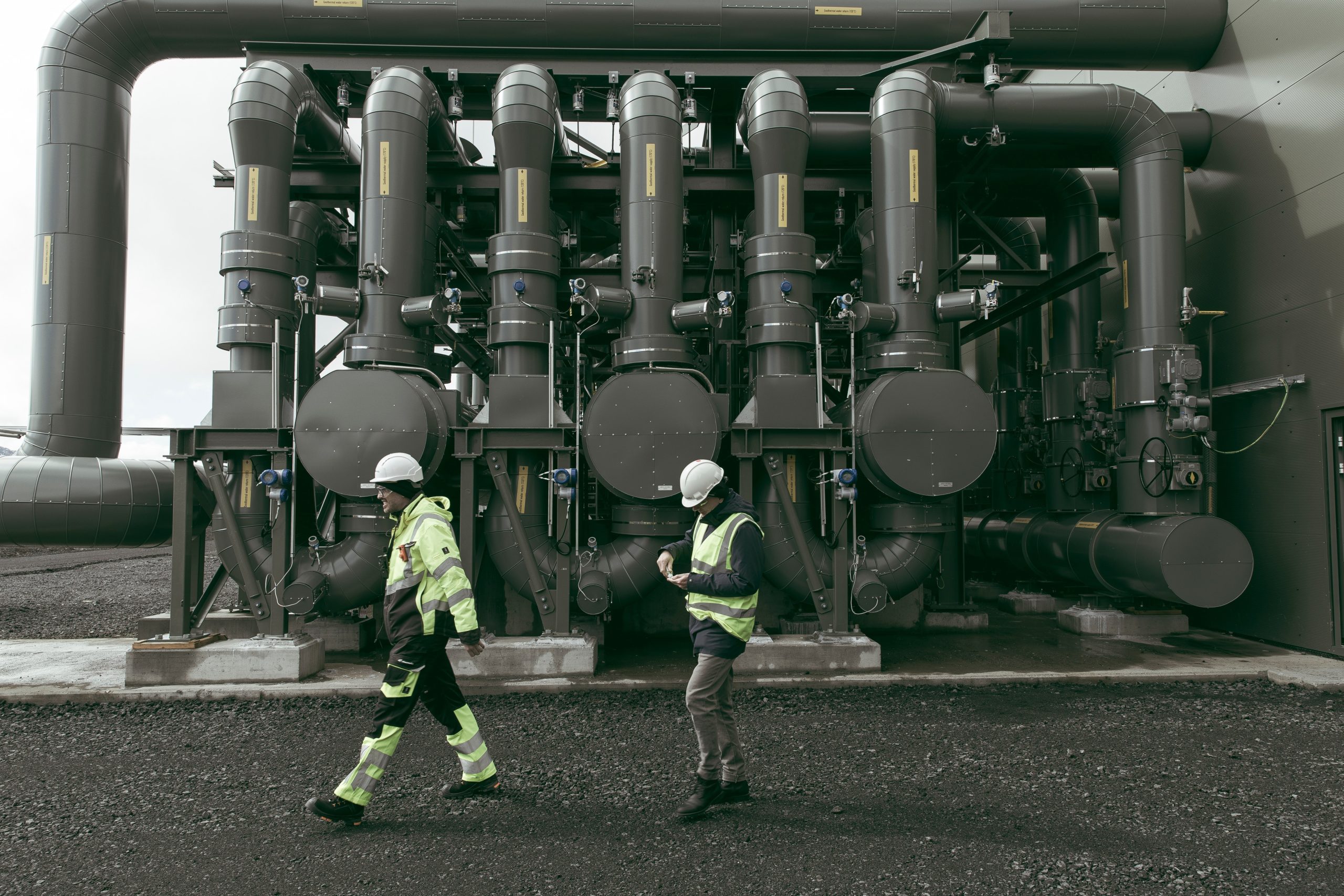Project 2025 Would Drastically Cut Support for Carbon Removal
Project 2025, a proposed government initiative aimed at reducing carbon emissions, has sparked controversy due to its plans to drastically cut support for carbon removal technologies.
The project, which aims to achieve significant reductions in carbon emissions by the year 2025, has been criticized by environmental groups and scientists for ignoring the importance of carbon removal in combating climate change.
Carbon removal technologies, such as direct air capture and carbon capture and storage, play a crucial role in offsetting emissions from industries that are difficult to decarbonize, such as aviation and heavy manufacturing.
By cutting support for these technologies, Project 2025 risks undermining global efforts to limit global warming to well below 2 degrees Celsius, as outlined in the Paris Agreement.
Environmentalists argue that investing in carbon removal technologies is essential to achieving net-zero emissions and preventing the worst impacts of climate change, such as rising sea levels and extreme weather events.
Without adequate support for carbon removal, the world could struggle to meet its climate targets and avoid catastrophic consequences for future generations.
Proponents of Project 2025, however, argue that focusing on reducing emissions from the source is a more cost-effective and scalable approach to addressing climate change.
They believe that investing in renewable energy, sustainable transportation, and energy efficiency measures will be more effective in the long run than relying on carbon removal technologies.
Ultimately, the debate over Project 2025’s support for carbon removal underscores the complex and contentious nature of climate policy, as policymakers grapple with the urgent need to address climate change while balancing economic concerns and technological feasibility.
As the project moves forward, it will be crucial for stakeholders to engage in constructive dialogue and find common ground on how best to achieve a sustainable and low-carbon future.

